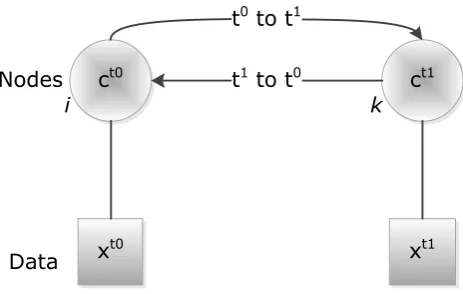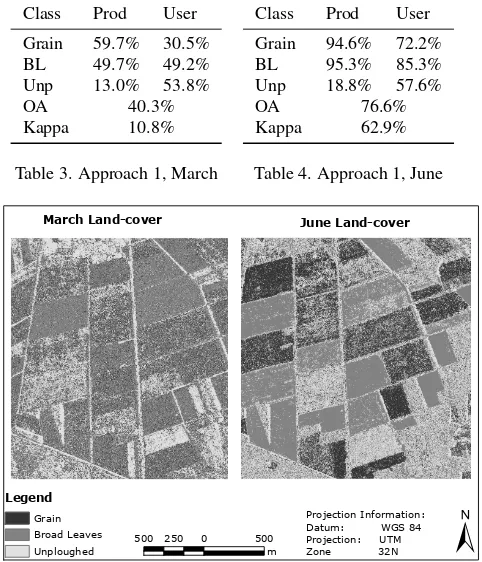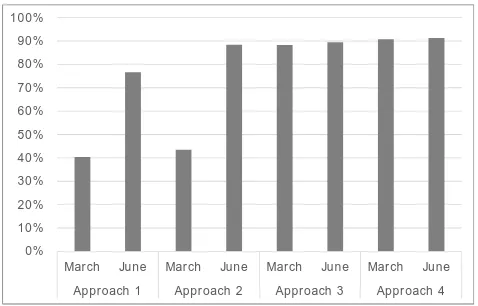isprsannals II 3 W4 79 2015
Teks penuh
Gambar




Garis besar
Dokumen terkait
In this study, we proposed a method to extract vegetation from terrestrial LiDAR data for estimating landscape index in urban areas.. The proposed method uses two different
Experimental results from using five sets of PRISM triplet images taken of the area around Saitama, north of Tokyo, Japan, showed that the average planimetric and height errors in
Automatic tie points, GCPs, and camera centres shown in rayCloud Editor (top) and the dense point cloud (bottom) for the 8mm dataset.. 2.4.4.2 Fisheye Lens 10 mm: This set
RARE2012 (Figure 10 (c)) also gives considerable results as it also extracts the major highlighted portion of imagery. At this threshold value maximum road side trees also
In this paper we present for the first time a method to extract regular facade structures using single oblique images and three- dimensional information derived by grouping PS
We pro- posed a two-stage approach where the approximate snag loca- tion regions are first segmented using a Gaussian Mixture Model (GMM) with priors on the region intensity
In Zhou and Neumann (2010), all local boundary lines LBL rep- resent step edges, as their input point cloud is only segmented into global roof height layers.. When constructing the
In this paper we propose an approach to multi-class semantic segmentation of urban areas in high-resolution aerial images with class- specific object priors for buildings and